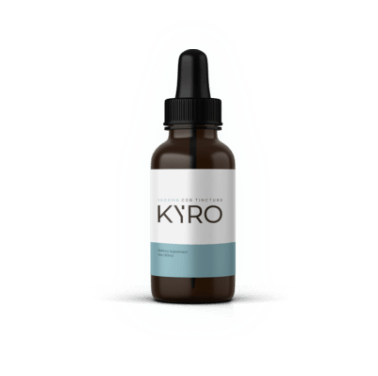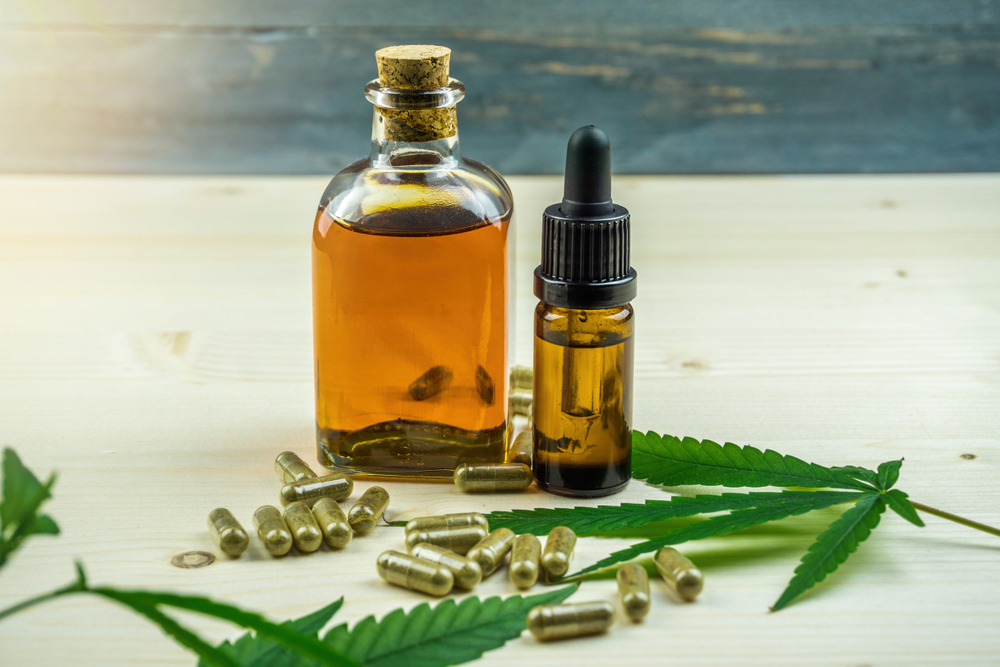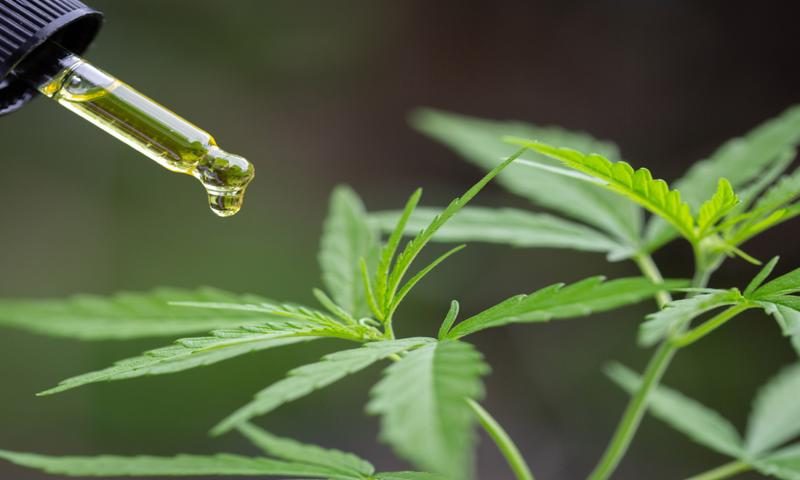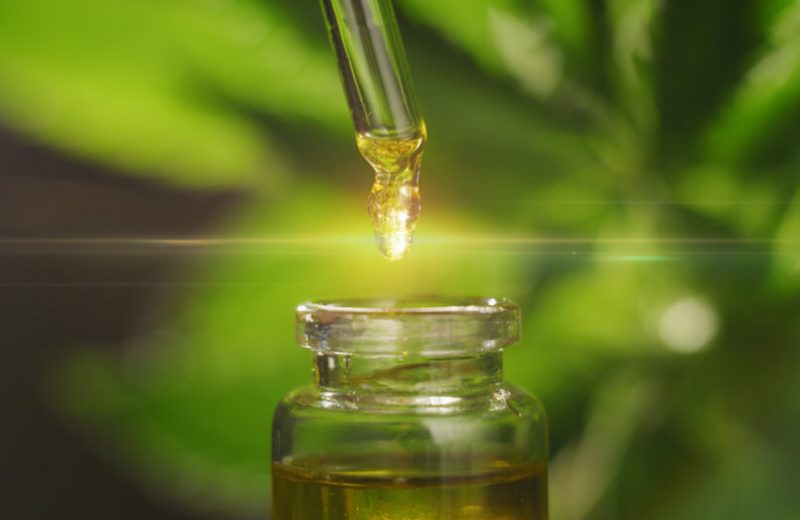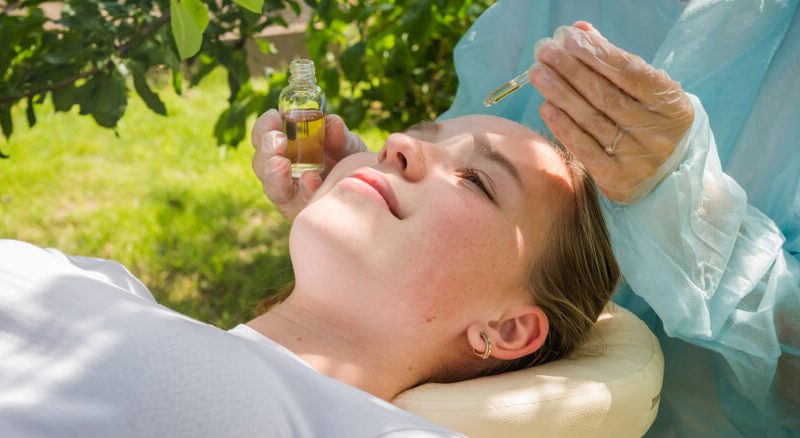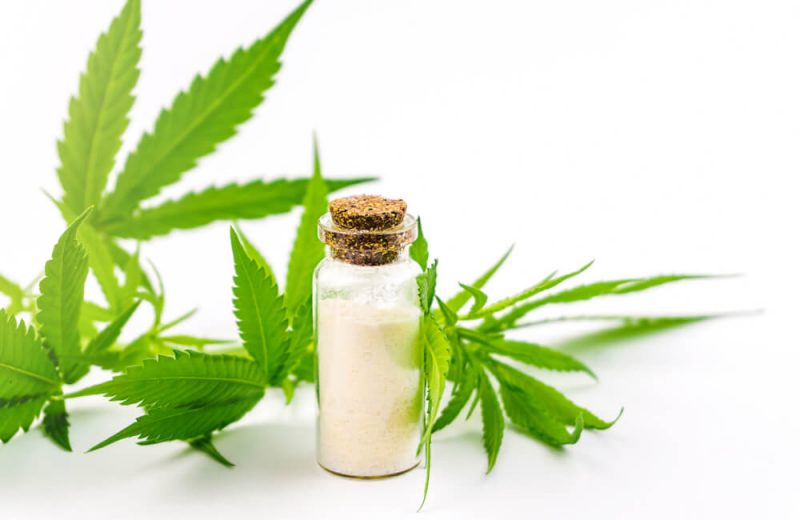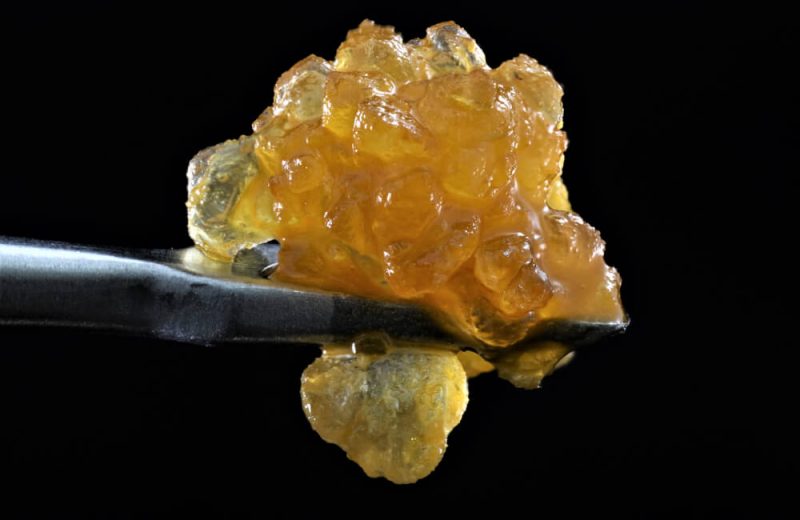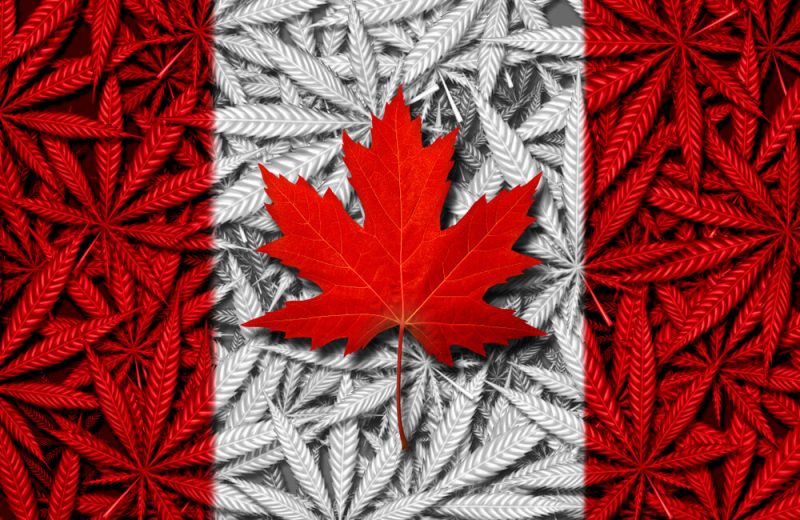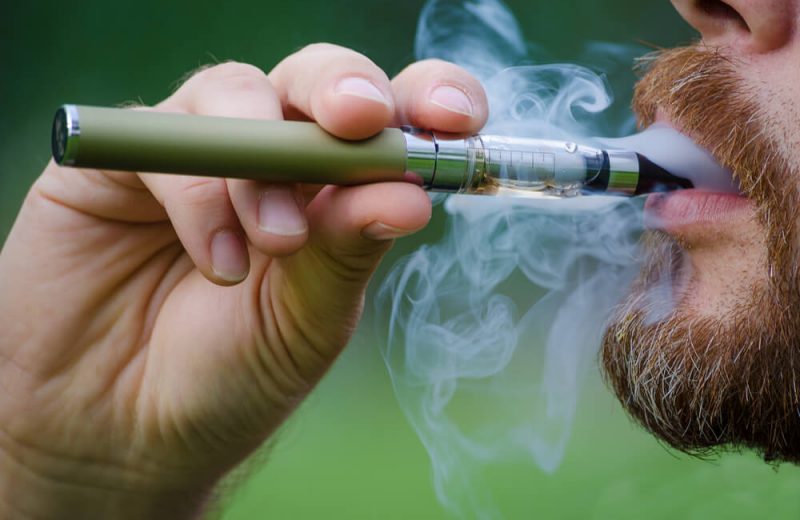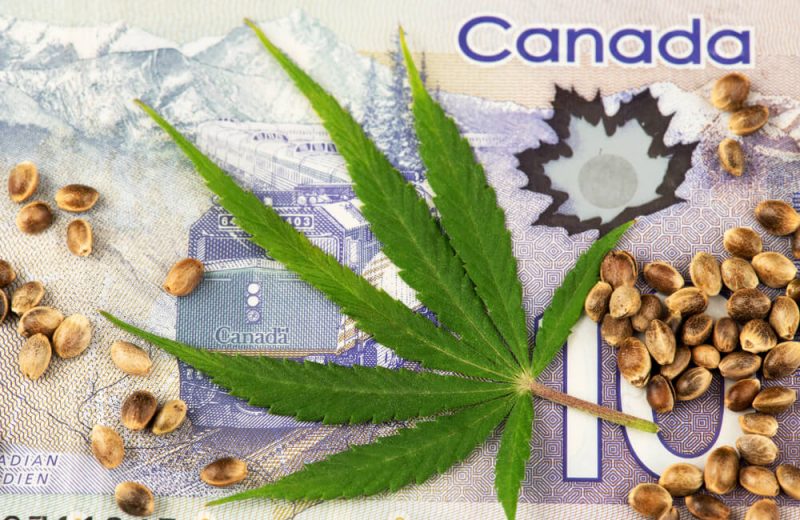CBD oil and other hemp-derived products are widely available in Texas, meaning most Texans can now enjoy the various therapeutic benefits of cannabidiol, ranging from reducing anxiety to alleviating chronic pain.
But, the best news is that hemp-derived CBD oil is now legal for sale and use in the Lone Star State. On June 10, 2019, Governor Greg Abbott inked into law the so-called House Bill 1325, essentially making hemp-derived products like CBD oil legal as long as they contained less than 0.3 percent THC.
More specifically, this piece of legislation modified the Texas Health & Safety Code, excluding hemp from being classified or defined [at the state level] as a ‘controlled substance’. In addition, the bill amended the Texas Agriculture Code for the monitoring and production of hemp and hemp-related products.
Most CBD oil users, businesses and experts welcomed this legislation, describing it as a crucial milestone for people looking for alternative treatments for chronic conditions like anxiety and pain. Unsurprisingly, the demand for legal CBD products in Texas has already gone through the roof, so much so that it’s created a shortage of Christmas trees.
Now that hemp production and sale are legal, what’s in store for the CBD community in Texas?
If you’re looking to try CBD oil in Texas but aren’t sure about its legality, we rounded up this quick guide to answer your questions. Let us help decode the confusion and mixed messages surrounding CBD and its legislation in Texas.
1- First Up, What’s the Federal Government Take on CBD Oil?
Hemp, the primary source of CBD oil, has a long, storied history in the United States, especially here in Texas. When imported into the US from Europe, it formed a huge part of the textile industry, with the vast majority being used to produce clothes and ship sails.
Hemp was legal until it was demonized in the early 20th century, largely because of its close association with its psychoactive cousin, marijuana. Both were soon criminalized, alongside alcohol, with the ban lasting well beyond the prohibition period.
But this all changed when the U.S. Senate passed the revised version of the Farm Bill 2018.
President Donald Trump signed the Agriculture Improvement Act of 2018 into law early in that year. One particular subsection of this updated Farm Bill declassified hemp and non-psychoactive hemp products, which meant they were no longer classified as controlled substances.
In legal terms, the bill made hemp and hemp-derived products such as CBD oil legal in all 50 states. The only condition attached is that legal cultivation should be restricted to industrial, low-THC hemp strains.
Similarly, the legislation stipulates that CBD oil and other hemp-derived products should contain no more than 0.3 percent THC to be considered legal. Any product violating this THC threshold is illegal at the federal level but could be legal in states that have legalized marijuana, either for recreational or medicinal use.
2- Yes, CBD Oil is Now Legal in Texas
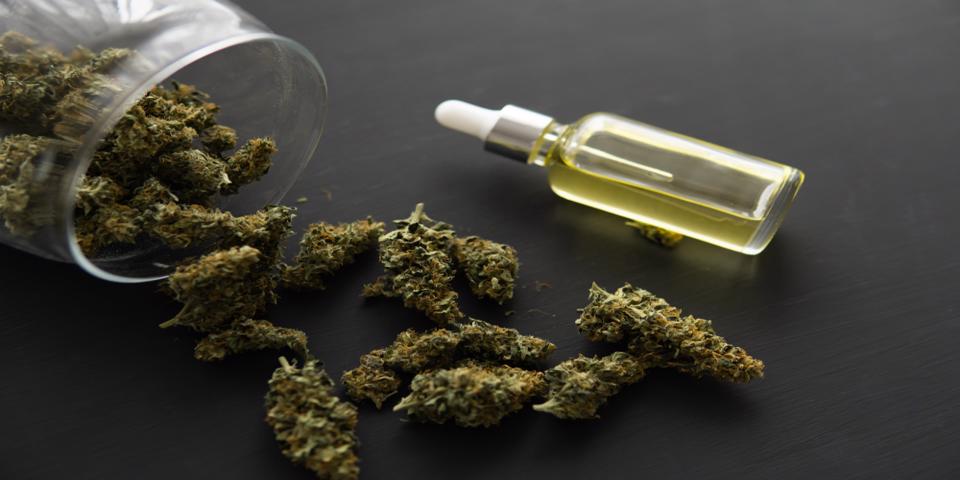
For a while, after the passing of the Farm Bill 2018, some states including Texas failed to set their own regulations regarding CBD use and sale. Some states even went ahead and banned CBD altogether.
But, finally, in mid-June 2019, Gov. Greg Abbott signed into a law a bill legalizing the production of hemp in Texas. It also gave the green light to the sale of hemp-extracted CBD oil without a doctor’s prescription as long as it had under 0.3 percent THC content.
This meant that Texans were–and still are–free to shop the best CBD oils and use them for a variety of health conditions, including anxiety, pain, depression, and much more.
House Bill 1325 also formed the foundation for Texas lawmakers to create more pieces of legislation around the cultivation, regulation, and sale of hemp and hemp products.
3- Texas Compassionate Use Act for Epileptic Patients

The recent law made CBD oil containing less than 0.3 percent THC legal for use, which means any product that registers greater THC levels than this will be prosecuted with the full force of the law.
But what about patients who need over 0.3 percent THC to feel the therapeutic effects of CBD and other cannabis oils? Well, prior to 1973, anyone in Texas who was found guilty of possessing any amount of cannabis was sent to prison for a minimum of two years.
In 1973, however, possession of cannabis was decriminalized, essentially changing the charges from felony to misdemeanor. That means anyone possessing CBD oil or any other CBD product with over 0.3 percent THC content still commits a misdemeanor in the eyes of Texas law. So, that’s the current situation if you use or possess products with a greater THC content than 0.3 percent, even if you find the lower strengths ineffective.
There’s one exception: patients with epilepsy. That’s right; Gov. Greg Abbott signed into law the Texas Compassionate Use Act back in 2015, allowing patients with medical prescriptions to access and use cannabis extracts that contained less than 0.5 percent THC. This legislation was specially tailored for patients with epilepsy.
4- There’s No Way for Texas Law Enforcement to Test THC Content
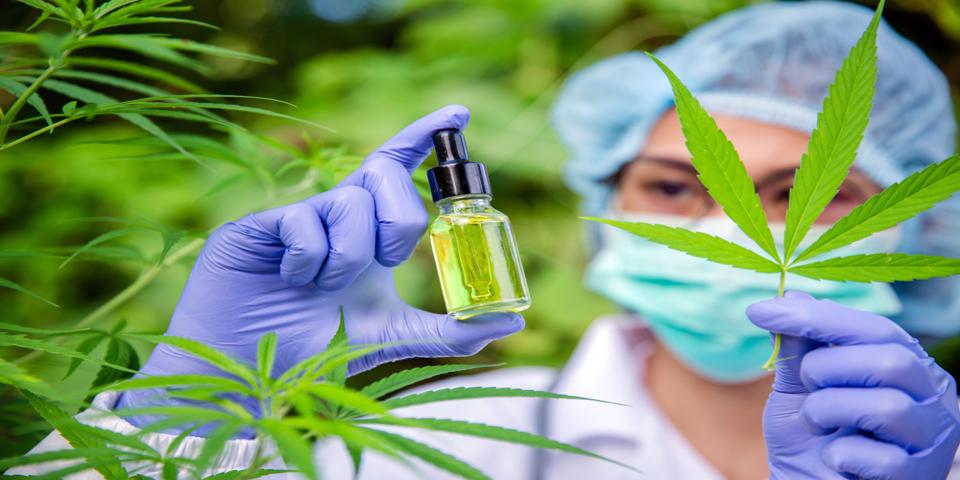
While the signing of the new bill into law is a huge leap for CBD legislation in the great state of Texas, the actual enforcement of the law is still in limbo. In fact, there are still hidden and vague CBD restrictions in Texas.
At the very core, the new law defines hemp as “cannabis that has no more than 0.3% THC.” By extension, any cannabis product that comprises more than 0.3% THC is considered “marijuana,” which as you now know is still illegal in Texas.
While a growing number of states permit full use of hemp extract, the Lone Star State laws remain rather vague and contradictory. First of all, Texas law enforcement has no equipment or guidelines for testing the content of cannabis plant or CBD products.
In some ways, it’s your word against the word of law enforcement officers. You might call what you have ‘hemp extract’, while the police might well call it marijuana.
What compounds this problem is that hemp-derived products and marijuana oils smell and even look and taste uncannily similar. The only way to know is to measure the actual THC content, which isn’t possible for law enforcement.
5- It’s Still a “Buyer Beware” Market
The Texas Department of Agriculture is still putting a few touches to the final plans. First, it has to receive approval from the U.S. Department of Agriculture secretary. Although underway, farmers are still supposed to apply for licenses from the relevant authorities.
This means the Department of Agriculture will have the mandate to conduct random testing and inspections of hemp plants to ensure safety standards are met. They will also go beyond this to make sure labeling and packaging are up to par.
Meanwhile, it’s important for Texan users to be careful when buying CBD oil products. Before the effect of the law is felt across the CBD production and supply chain, expect the market to be jam-packed with knock-offs and substandard products.
And this isn’t far-fetched. Just a few months ago, Houston law enforcement officers conducted random CBD product testing and found out that some of them contained harmful synthetic cannabinoids.
At about the same time, NBC Miami discovered that more than 57 percent of randomly tested products had less than 50 percent of the amount of CBD mentioned on the label. No matter how you look at it, Texans should consider CBD oil a “buyer-beware” market, at least for now.
6- Are CBD Tinctures Legal?
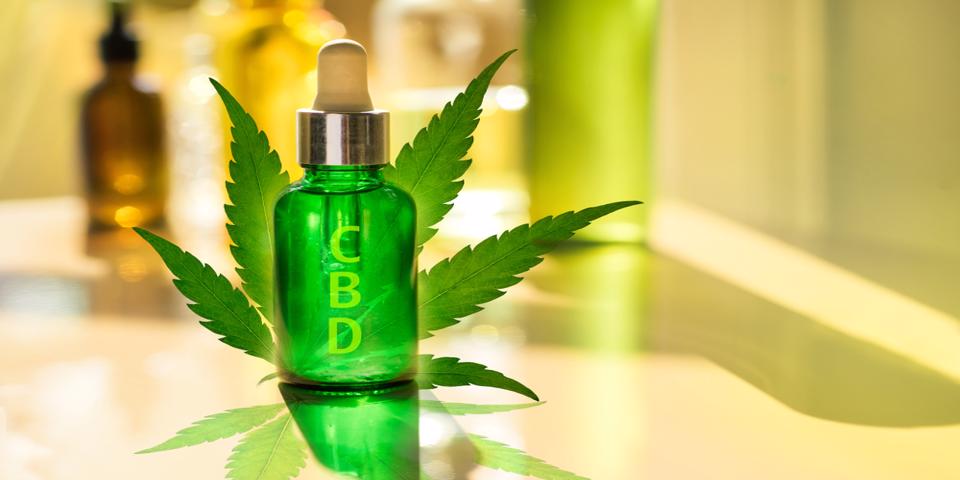
CBD oil and CBD tinctures are both legal in Texas if they’re extracted from hemp plants containing less than 0.3 percent THC. Well, while the two are often referenced, labeled, and used interchangeably, there are fundamental differences users have to be familiar with from a quality and legal standpoint.
The word ‘tincture’ refers to a medicinal plant extract produced through the process of alcohol extraction. By definition, tinctures also draw their therapeutic qualities from herbs or plants like hemp. In this regard, tinctures can be oils, but not all types of oils can be tinctures.
Therefore, CBD tinctures are CBD oils drawing therapeutic properties from the hemp plant and extracted using only the alcohol extraction process.
CBD oil, on the other hand, is a hemp-derived product that can be extracted through several different extraction methods, including hydrocarbon extraction, steam distillation, CO2 extraction, and of course, the alcohol extraction method.
The bottom line is that CBD oils and tinctures are similar, yet they differ in the extraction process. In some cases, tinctures might be too concentrated, making them ideal for microdosing for conditions that require instant relief.
The method of consumption, however, will determine how long it’ll take for CBD to work. Read more about CBD oil vs. CBD tinctures here.
7- Newly Legal CBD Oil is Similar to Marijuana-Extracted Oil–Offered Under the Texas Compassionate Use Program
Despite what the name might suggest, the newly legalized hemp-extracted CBD oil is not too different from the marijuana-derived CBD oil already offered under the Texas Compassionate Use medical marijuana program.
From the legal perspective, however, marijuana-extracted CBD oil available under the restrictive medical marijuana program won’t pass as legal CBD for use and sale under the new recently passed bill. Why? It may contain more than 0.3 percent THC, which means the cannabis plant it was extracted from can’t be classified as “hemp.”
Initially intended for patients suffering from chronic epilepsy to treat seizures and minimize anxiety, the marijuana-extracted CBD oil (containing 0.5% THC) is now legal for use by patients with terminal cancer and autism too.
Of course, these groups of patients with chronic conditions must get a prescription from a registered healthcare professional.
8- Is CBD Oil the Same as Hemp Oil?
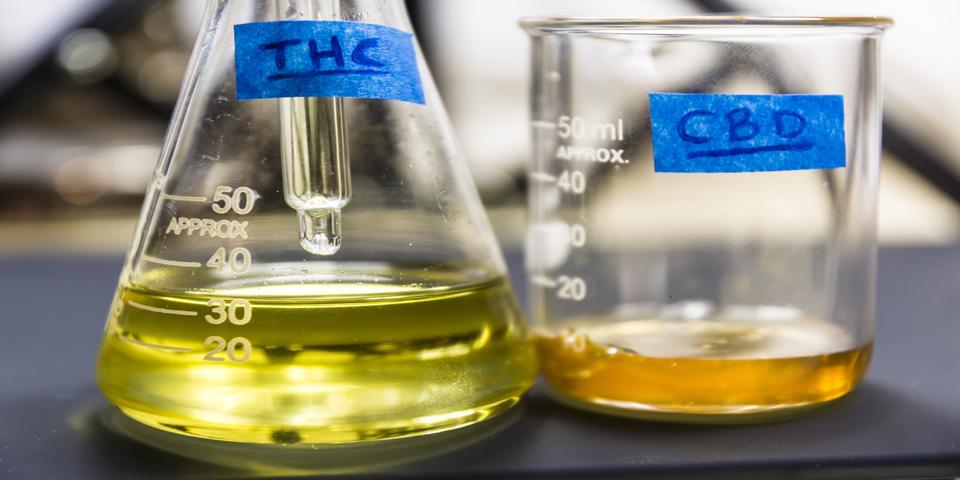
While some people use these two terms interchangeably, they are not one and the same thing. CBD oil is a broad-spectrum hemp extract, which means it is extracted from the whole plant, including flowers, leaves, and stalks.
Hemp oil, on the other hand, is an oil extract derived from crushed seeds, and it’s popularly used as a condiment, dressing, and cooking at low heat. Because it’s rich in vitamin E, omega-3 fatty acids, and protein, hemp oil can help perk up your diet.
Unfortunately for CBD fans, hemp seed oil doesn’t have enough cannabidiol to produce the therapeutic effects CBD oil is known for. Nonetheless, both hemp oil and CBD oil are legal in Texas as long as they don’t exceed 0.3 percent THC content.
9- Is CBD Oil Legal for Everyone?
Following the signing of the new bill into law, CBD oil containing less than 0.3% THC is technically legal for everyone, including teens, children, adults, and senior adults.
As a general rule of thumb, you need to exercise extra caution when giving supplements or anything that may contain THC to children and pregnant women. That’s because THC has been found to have a negative effect on brain development and may even alter brain chemistry in adolescents.
There’s also the issue of CBD vaping. The long-term health and safety effects of using vaping products have come under scrutiny in recent months. In September 2019, for instance, the federal health authorities started investigating an outbreak of abnormal lung disease linked to vaping e-cigarettes.
For this reason, expect Texas health authorities to follow suit with vaping-specific legislation in the near future.
10- Marijuana is Still Illegal
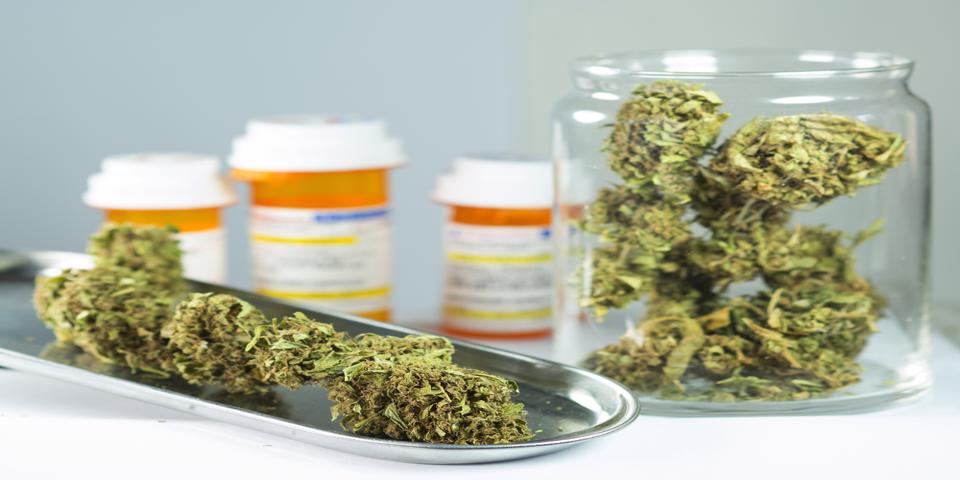
There are two major types of cannabis plants: hemp which contains high CBD and low THC content, and marijuana plant which is loaded with THC. As we’ve mentioned, the new Texas law defines the two differently.
Hemp should have lower than 0.3 percent THC and is currently legal for production and sale in Texas. According to Texas law, marijuana, on the other hand, is a cannabis plant that contains over 0.3 percent THC content.
Despite the new legislation, marijuana cultivation, use, and sale are still prohibited (sorry, weed smokers). This particular bill only makes hemp and hemp-derived products like hemp oil, CBD oil, CBD tinctures, and so forth, legal.
Conclusion
There you have it!
Those were the ten things you should know about CBD oil now that it’s legal in Texas. Remember: the bill that Gov. Greg Abbott signed into law legalized the cultivation, sale, and use of hemp and hemp products containing no more than 0.3 percent THC content.
For patients with chronic epilepsy, terminal cancer, and autism who might need something more potent, you will be glad that you can get marijuana-derived CBD oil containing 0.5 percent THC with a prescription, all thanks to the Compassionate Use program.

